
25 Worrying Signs Your Body Is Trying to Warn You of Serious Health Problems (and What to Do About Them)
Your body is constantly communicating with you. Sometimes, it whispers through small discomforts; other times, it shouts through persistent pain or unusual symptoms. Ignoring these signals can lead to bigger health risks. By learning how to recognize early warning signs, you can take action before problems escalate.
Here are 25 worrying signs your body may be warning you of serious health problems, along with practical advice on what to do about them.

1. Persistent Fatigue
If you feel exhausted even after sleeping, it could signal thyroid issues, anemia, or chronic fatigue syndrome.
Tip: Check your iron levels and thyroid function with a doctor.
2. Sudden Weight Loss
Unexplained weight loss may be linked to diabetes, thyroid disorders, or even cancer.
Tip: Track your diet and visit a healthcare provider if weight drops without changes in lifestyle.
3. Shortness of Breath
Struggling to breathe during light activity may indicate heart or lung disease.
Tip: Avoid smoking, and seek immediate medical care if symptoms worsen.
4. Frequent Headaches
Recurring headaches can be triggered by stress, vision problems, or high blood pressure.
Tip: Stay hydrated, manage stress, and schedule an eye check-up.
5. Chest Pain
A heavy, squeezing sensation could be a sign of heart attack or angina.
Tip: Never ignore chest pain—call emergency services immediately.
6. Severe Abdominal Pain
Intense or recurring stomach pain may be linked to gallstones, ulcers, or appendicitis.
Tip: Keep a food diary to spot triggers, and seek urgent care for sharp pain.
7. Skin Changes
Dark spots, new moles, or unusual patches could indicate skin cancer.
Tip: Use sunscreen daily and get suspicious moles checked by a dermatologist.
8. Swelling in Legs or Feet
This could signal poor circulation, kidney issues, or heart failure.
Tip: Limit salt intake and raise your legs when resting. See a doctor if swelling persists.
9. Unexplained Bruising
Frequent bruises without injury may be related to clotting disorders or leukemia.
Tip: Monitor your vitamin K intake and consult a doctor if bruising continues.
10. Vision Problems
Blurry vision, double vision, or sudden vision loss may be linked to diabetes, stroke, or eye disease.
Tip: Get regular eye exams and maintain good blood sugar control.
11. Constant Thirst
Excessive thirst often points to diabetes or dehydration.
Tip: Limit sugary drinks and check blood sugar levels.
12. Frequent Urination
Going to the bathroom too often could be a sign of prostate problems or diabetes.
Tip: Reduce caffeine and alcohol intake and consult your doctor.
13. Loss of Appetite
If you no longer feel hungry, it may suggest liver disease or depression.
Tip: Eat small meals rich in nutrients and seek medical advice.
14. Persistent Cough
A cough lasting more than 3 weeks may be linked to asthma, GERD, or lung cancer.
Tip: Avoid smoking, stay hydrated, and see a doctor if it doesn’t improve.
15. Night Sweats
Heavy sweating at night can be caused by infections, hormonal changes, or lymphoma.
Tip: Keep your bedroom cool and schedule a medical check-up.
16. Memory Problems
Forgetting names, dates, or tasks may signal early Alzheimer’s or vitamin deficiencies.
Tip: Exercise your brain with puzzles and maintain a balanced diet.
17. Tingling in Hands or Feet
This may indicate nerve damage, diabetes, or poor circulation.
Tip: Stretch daily, avoid prolonged sitting, and get tested for diabetes.
18. Frequent Heartburn
Persistent acid reflux can damage the esophagus and lead to cancer.
Tip: Avoid spicy foods, eat smaller meals, and elevate your head when sleeping.
19. Slow-Healing Wounds
Cuts that don’t heal quickly could signal diabetes or immune system problems.
Tip: Keep wounds clean, monitor blood sugar, and seek medical care.
20. Irregular Heartbeat
Heart palpitations may be harmless but can also point to arrhythmia or heart disease.
Tip: Reduce caffeine and manage stress. If irregular heartbeat continues, see a cardiologist.
21. Joint Pain
Constant stiffness or pain may indicate arthritis or autoimmune disorders.
Tip: Stay active with low-impact exercises like swimming or yoga.
22. Difficulty Swallowing
Trouble swallowing could be linked to esophageal disorders or cancer.
Tip: Eat slowly, take small bites, and consult a doctor if it persists.
23. Constant Bloating
Ongoing bloating may be linked to food intolerances, IBS, or ovarian cancer.
Tip: Track foods that trigger symptoms and avoid carbonated drinks.
24. Dizziness
Feeling lightheaded often can be a sign of low blood pressure, anemia, or dehydration.
Tip: Drink enough water and avoid standing up too quickly.
25. Bleeding Gums
Gum bleeding is often caused by gum disease, but it can also signal vitamin deficiency or blood disorders.
Tip: Improve dental hygiene and schedule regular dentist visits.
Final Thoughts
Your body is your best messenger. While some symptoms may seem minor, ignoring them can lead to serious health issues. By paying attention to these 25 warning signs and making simple lifestyle changes, you can protect yourself from long-term damage.
News in the same category


Echinacea (Coneflower): 25 Benefits and How to Use It at Home

🌿 The “Hidden Herb” Ancient Healers Protected: Is Nutgrass the Ultimate Secret to Natural Health?

Juniper: 20 Remarkable Benefits and How to Use It

Warm Herbal Drinks and Circulation: Why Consistency Matters More Than Strength

The Hidden Power of the Honey Locust Tree (Gleditsia triacanthos): Health, Healing, and Everyday Uses
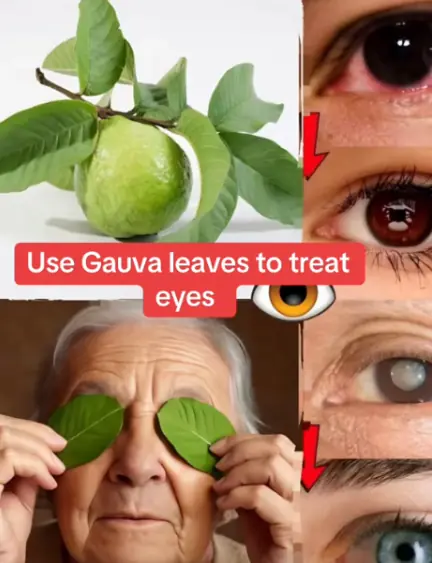
How to use guava to treat eye problems — natural remedies for the eyes

Dust cinnamon lightly on your lips. It works so fast it feels wrong
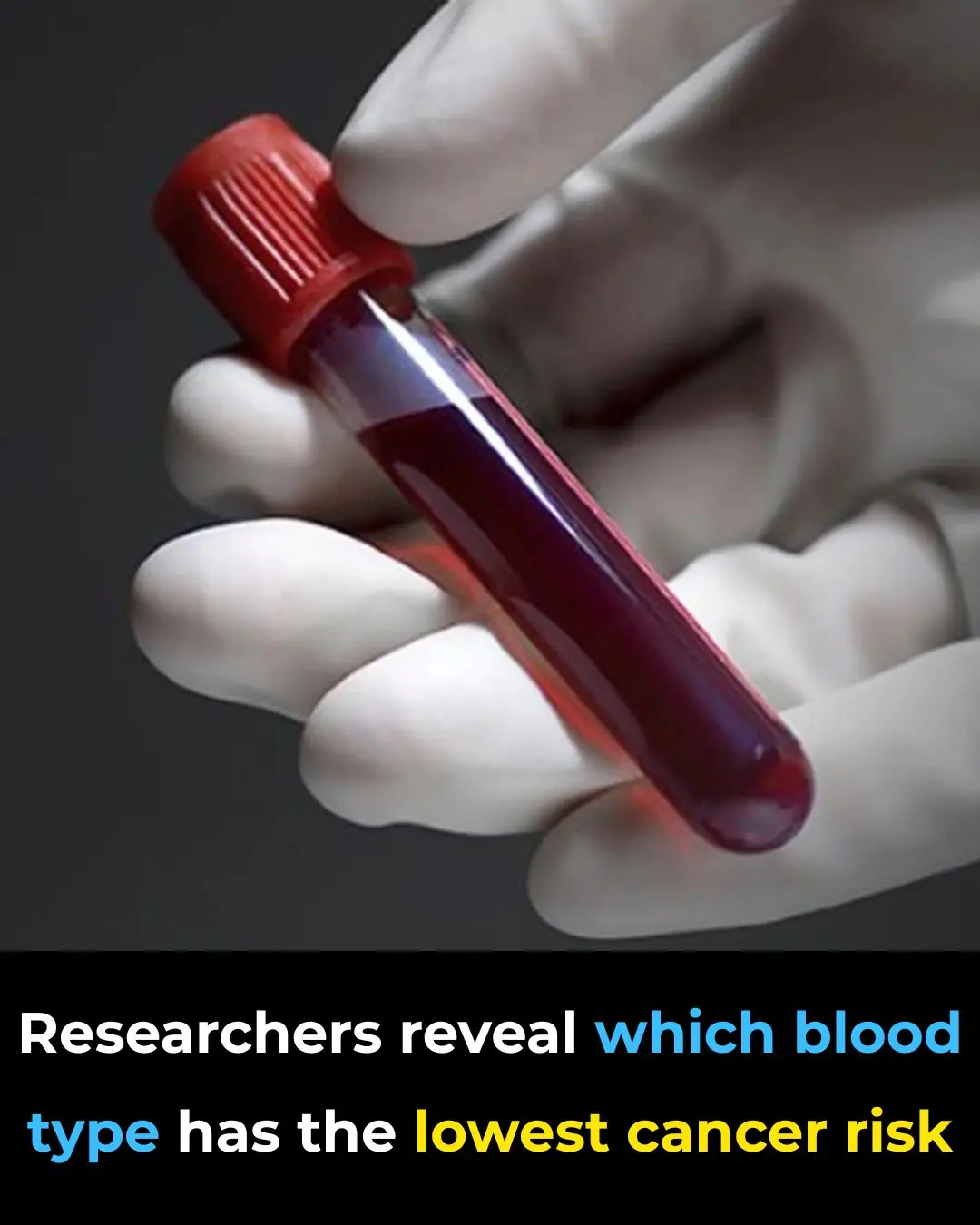
He Is the Least Likely to Have This Health Problem, According to Researchers
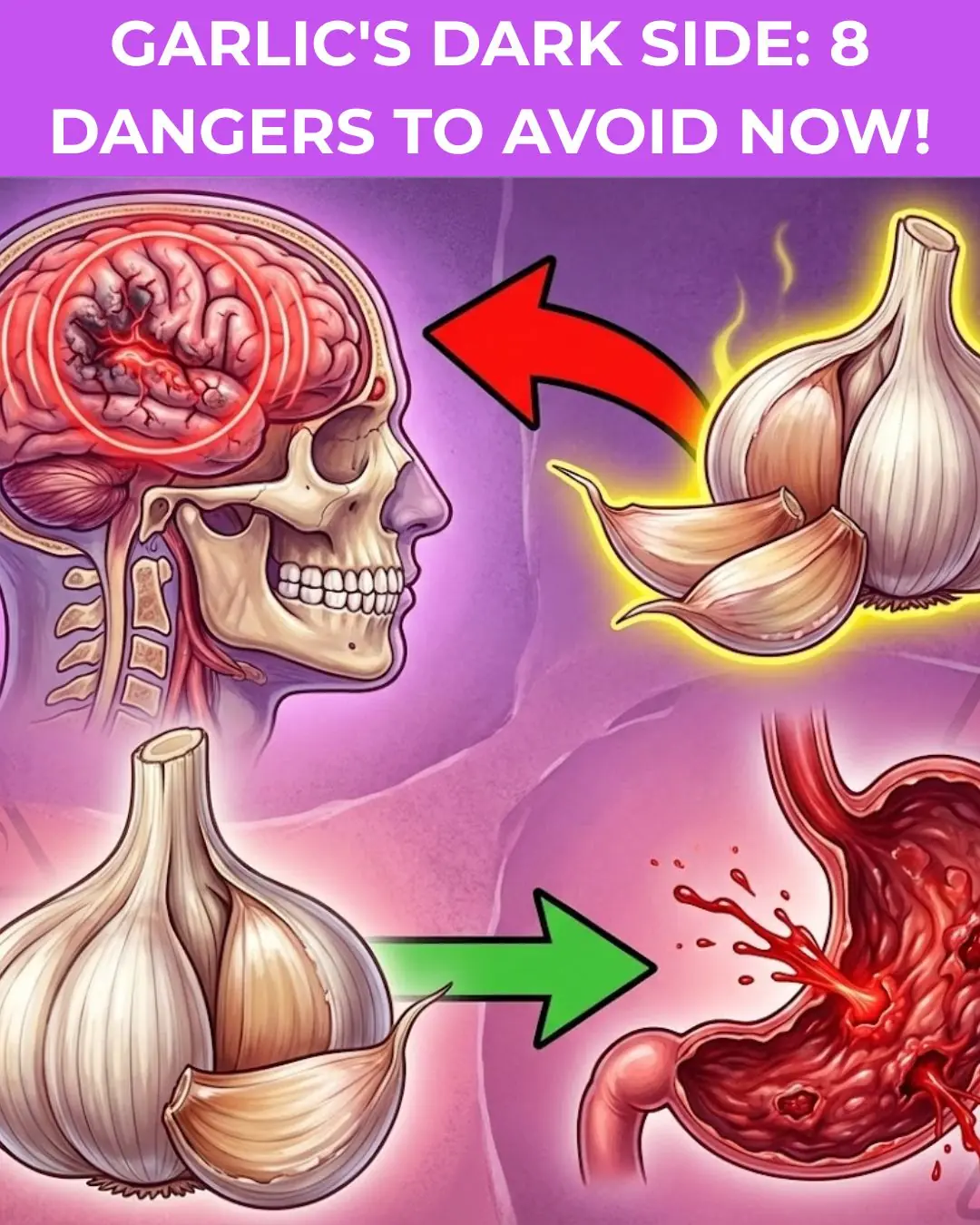
Eat Garlic Daily, But Avoid These 8 Common Mistakes That Ruin Its Benefits

The Leaf Everyone’s Talking About: Soursop Leaves and Their Potential Wellness Benefits

The Forgotten 100-Year-Old Golden Tea That Melts Cholesterol, Balances Blood Sugar, and Restores Kidneys

7 Benefits and Uses of Castor Oil

10 Reasons to pick purple dead nettle this spring

Discover How a Simple Cup of Rosemary and Ginger Tea Can Warm Your Body and Transform Your Daily Comfort
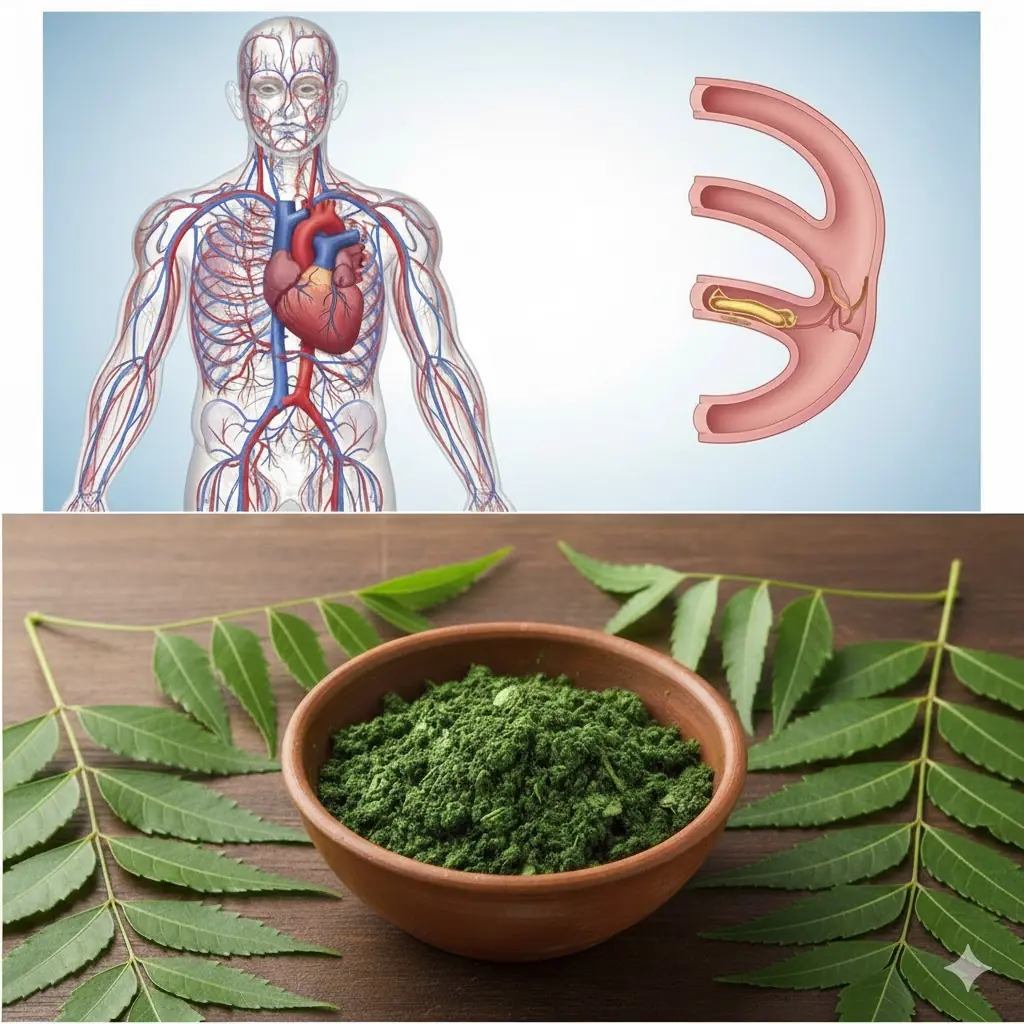
The One Bitter Leaf That’s Quietly Making Pillboxes Obsolete for Americans Over 60

7 Amazing Health Benefits of Banana Blossoms

7 Benefits of Corn Silk and How to Use It

Cocklebur Uncovered: The Surprising Traditional Uses of Xanthium Strumarium

Why Everyone’s Talking About Moringa : The Nutrient-Packed “Miracle Tree” That Could Transform Your Daily Wellness
News Post

Kid Hero Onboard

Security Judged Him in Seconds. A Life Was Almost Los

She Played the Victim. But …

4 Things Oncologists Do Regularly to Lower Their Cancer Risk

5 Foods to Avoid When Taking Blood Pressure Medication

Discover How to Make and Enjoy This Traditional African Herbal Combo for Women’s Wellness in 2025

Echinacea (Coneflower): 25 Benefits and How to Use It at Home

🌿 The “Hidden Herb” Ancient Healers Protected: Is Nutgrass the Ultimate Secret to Natural Health?

Juniper: 20 Remarkable Benefits and How to Use It

Warm Herbal Drinks and Circulation: Why Consistency Matters More Than Strength

The Hidden Power of the Honey Locust Tree (Gleditsia triacanthos): Health, Healing, and Everyday Uses

10 Ways to Kill a Toothache In a Minute

A Pregnant Woman Warned a Stranger to Run
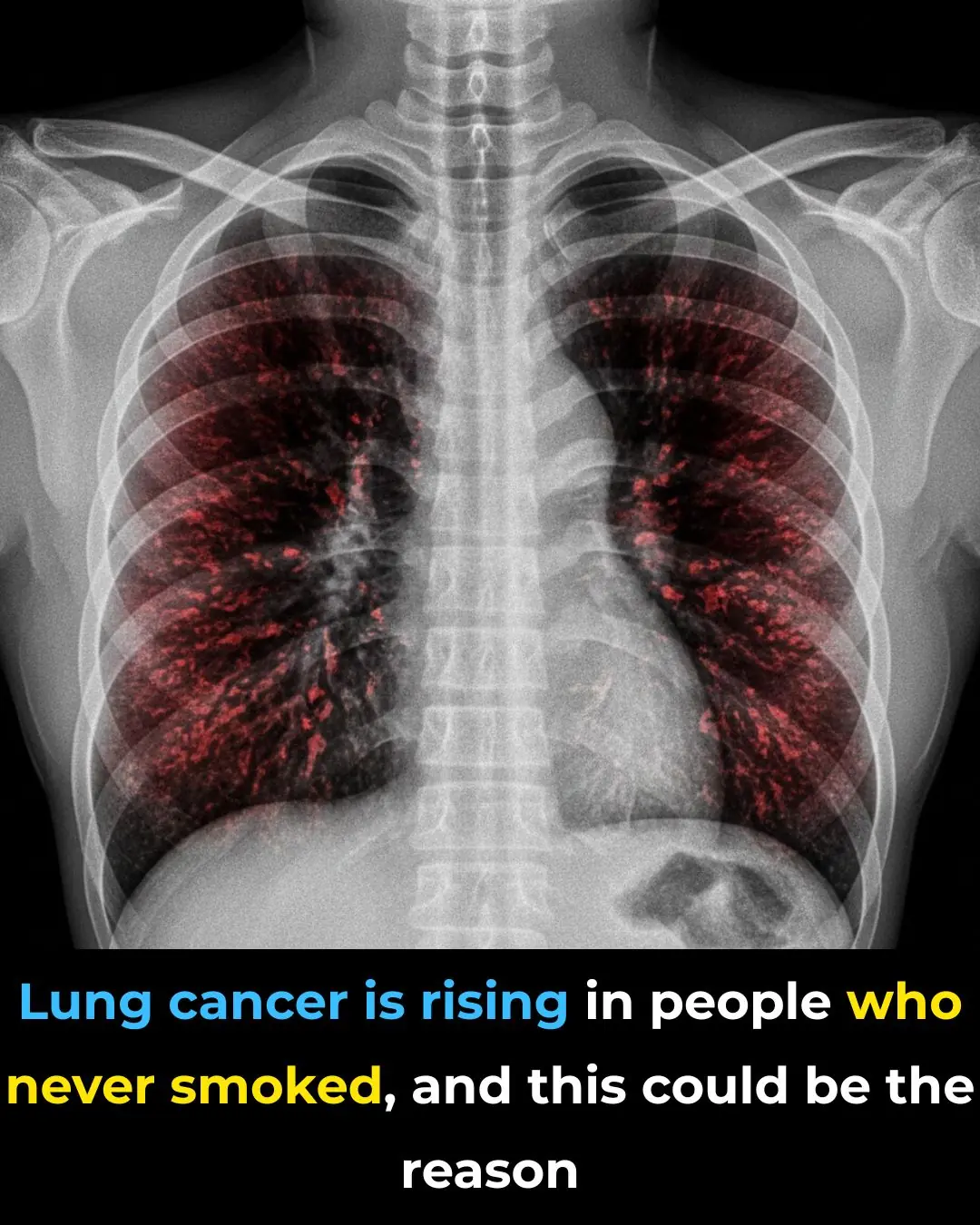
This Could Be Why Lung Cancer Is Rising in People Who Never Smoked

The Surprising Health Benefits of Boiled Eggs

🚨 Recurrent Yeast Infections? STOP Doing These Things Immediately!
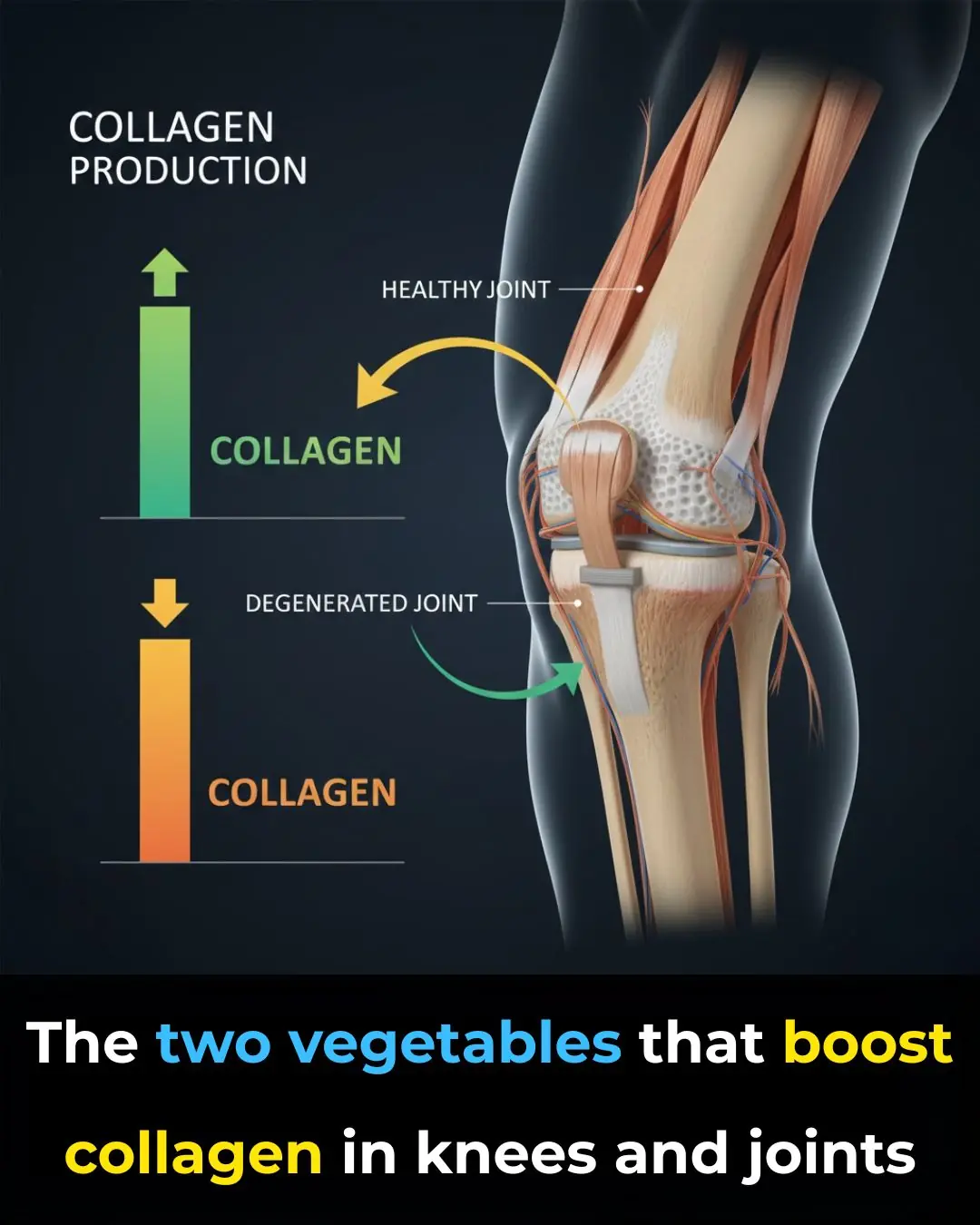
Doctors Are Amazed: Two Vegetables That Boost Collagen in the Knees and Relieve Joint Pain

One Powerful Leaf That Supports Blood Sugar, Blood Pressure, Pain Relief, Cholesterol & Circulation

Discover the Natural Benefits of Air Plant Leaf for Daily Eye Care
